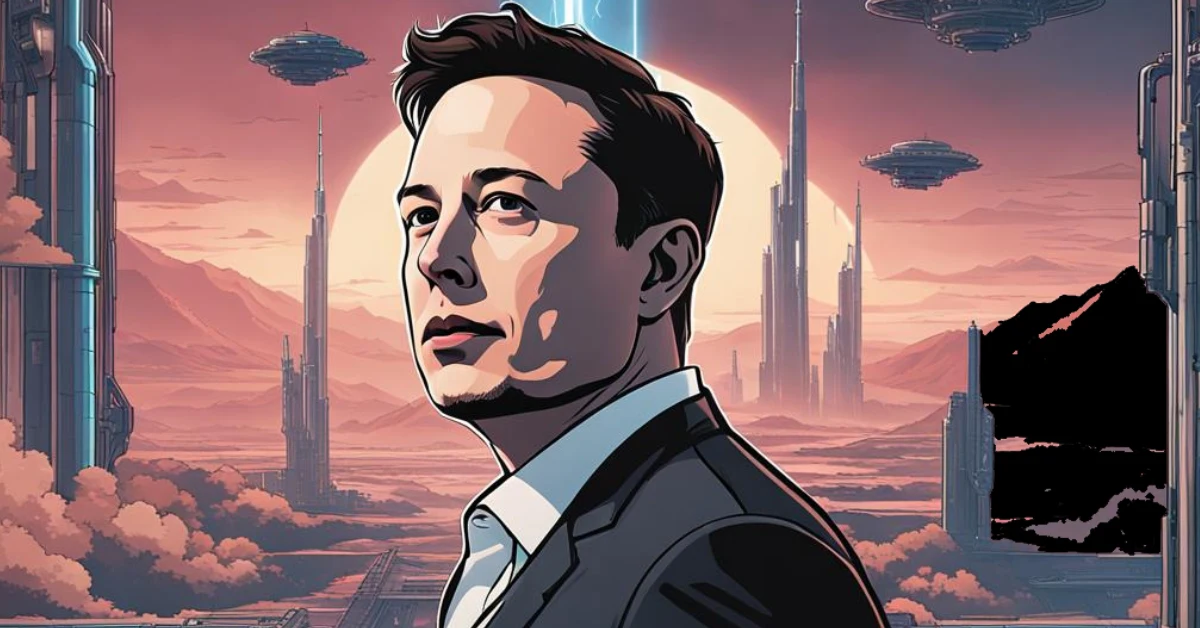Elon Musk made headlines this week by filing a lawsuit against artificial intelligence startup OpenAI, which he co-founded in 2015. In the lawsuit, Musk accuses OpenAI and its current CEO Sam Altman of straying from the company’s original mission of developing AI to benefit humanity.
When Musk helped found OpenAI, it was structured as a nonprofit with the goal of keeping AI technology open-source and available to all. This was meant to ensure that the benefits of AI would reach as many people as possible, not just a select few companies. However, Musk alleges that OpenAI has since abandoned these ideals in favor of maximizing profits.
Possible trigger of this legal battle
Specifically, Musk takes issue with OpenAI’s close partnership with Microsoft, which began in 2019. As part of this partnership, Microsoft invested $1 billion into OpenAI and now has exclusive licensing rights over some of OpenAI’s most advanced AI systems. Musk sees this as undermining the accessibility and openness that OpenAI once stood for.
- Anthropic’s New Claude 3 Model Aim to Top OpenAI’s GPT-4
- ChatGPT Got More Closer To Human Brain with The New Memory Feature
In the lawsuit filed on March 1st, 2024, Musk is seeking financial restitution for what he sees as OpenAI’s breach of contract. When Musk invested in OpenAI during its early stages, he claims there was an understanding that the nonprofit would stay true to its original tenets. By partnering with Microsoft and prioritizing profits, Musk believes OpenAI has violated these terms.
Impact of the lawsuit on the future of OpenAI
Elon Musk’s lawsuit against OpenAI could have significant implications for the future direction and governance of the company:
- It may force OpenAI to return to its original nonprofit mission and make its AI systems openly available rather than keeping them proprietary or exclusive to Microsoft. If Musk wins, the court could order OpenAI to release GPT-4 and other models to the public.
- The lawsuit calls into question OpenAI’s corporate governance and could lead to further board shakeups. Musk alleges OpenAI’s board was purged of technical experts and now prioritizes profits over ethics. More turnover could be ahead.
- OpenAI’s business model and valuation may be impacted. The company is seeking a $100 billion valuation based on exclusive licensing of its AI to Microsoft7. If forced to make its systems open source, its valuation and revenue could drop dramatically.
- Microsoft’s control and commercial rights over OpenAI technology may be reduced or eliminated if the court rules in Musk’s favor. This could fundamentally reshape the OpenAI-Microsoft partnership.
- There may be broader impacts on AI development and governance. The lawsuit brings public attention to debates over open vs proprietary AI and ethical development of advanced systems. More scrutiny and calls for regulation could follow.
While the outcome is uncertain, the lawsuit clearly threatens OpenAI and Microsoft’s current path and could force a shift back towards openness and public interest if Musk prevails. How it ultimately reshapes OpenAI remains to be seen.









